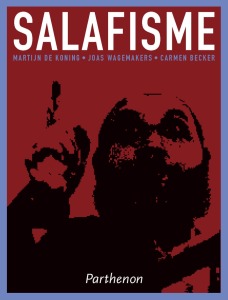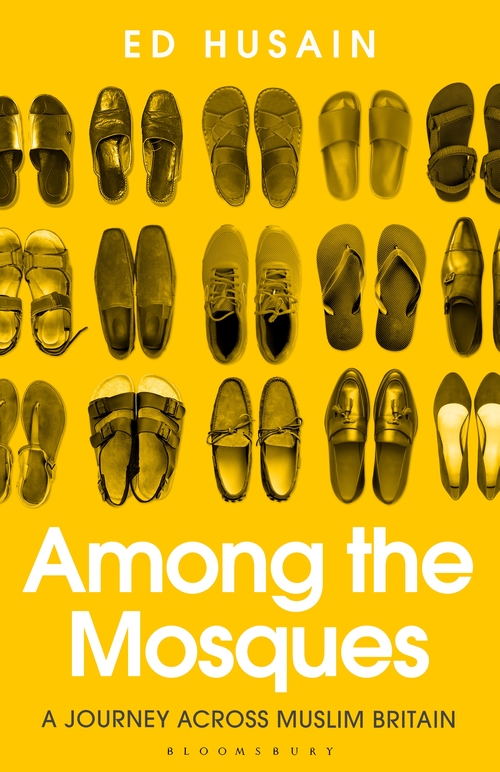 SALAFISM
SALAFISM
Utopian Ideals in an Unruly Reality
By Martijn de Koning, Joas Wagemakers en Carmen Becker
Three Dutch expert academics on Islam published a book on Salafism in the Netherlands, named “Salafism: Utopische Idealen in een Weerbarstige Praktijk” (English: Salafism: Utopian Ideals in an Unruly Reality). Salafism has been a highly debated current in Dutch Islam since 2002 when two Dutch youngsters from Eindhoven died in Kashmir. As fervent participants on Salafi internet fora and visitors to a main Salafi mosque the incident spurred discussion in the wider public on the assumed radicalization of Dutch Salafi Muslims. In the decennium that followed Salafi Islam remained a much discussed phenomenon in Dutch media reaching a height with the death of Islam critic Theo van Gogh by a presumed participant of the Dutch Salafi circuit.
The book (the first of its kind in Dutch) is written by three specialists on the theme working from the perspectives of anthropology, Islamic Studies, and political science respectively. Making use of this interdisciplinary approach the book tries to give insight into a much obscured subject, delving into the issue of definitions and trying to enhance a more clearer perspective on what exactly Salafism is based on robust empirical research. The book gives an in-depth description and analysis of the historical and theological roots of Salafism in the Middle East and its various branches and interpretations (such as Quietist, Political Islamists and Jihadi trends). It discusses the intersection of Salafi ideologies into current international debates on for example gender and secularism.
The book then goes on to describe the rise and spread of Salafi Islam in the Netherlands and its main beliefs and doctrines. It extrapolates on the practices of Salafi Muslims and how these manifest on for example the internet. In addition the book pays attention to the experiences and perspectives of Salafi Muslims themselves and how Salafi Muslims involve themselves in the issues of the practice of interpretation and religious authority. It tries to answer the question if the use of the internet enhances or reduces the possibility of radicalization. Similar questions were ventured into in an earlier anthropological research by scholar Martijn de Koning in his Dutch book “Zoeken Naar een Zuivere Islam: Geloofsbeleving, Identiteitsvorming en Radicalisering van Marokkaanse Moslims” (2008). (English: In Search of a ‘Pure’ Islam: Religious Experience, Identity Formation and Radicalization of Moroccan Muslims).
Additional information, interviews (in written and audiovisual formats) and reactions by other specialists can be found in the internet links below as well as an extract of the first chapter of the book.






